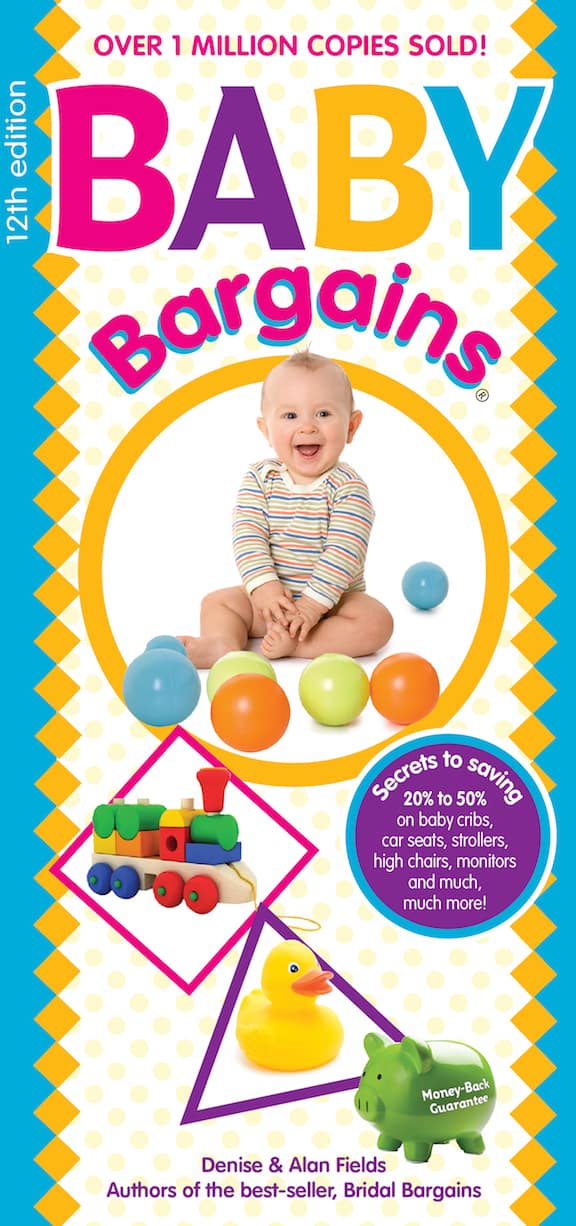Best Glass Bottle Feeder: More Birds Red Jewel Hummingbird Feeder
Let’s talk hummingbird feeders!
After interviewing a dozen hummingbird enthusiasts among our parent readers and comparing the various feeders out there, we have some tips and advice before you buy a feeder:
• It’s easy and cheap to make your own nectar. Nectar is just sugar and water, so just boil up some water and sugar till the sugar is dissolved and use that to feed your hummingbirds. Another tip: avoid using any dye in your nectar as it may not be healthy for the birds.
• Insects can be an issue. You think birds are the only animals that like sugar water? Think again. You can limit the bees, ants and wasps and keep the nectar for the birds. For example, you can make the nectar less sweet. Usually, nectar is made in a 1:4 ratio of sugar to water. You can instead make it 1:5 or 1:6 to discourage bees.
Ants invader can be defeated with an ant moat (some feeders even come with an ant moat included). Don’t use a feeder with yellow accents—that color attracts wasps. Stick with red instead. And finally, round, dish-style feeders put the nectar farther away so hummingbirds can reach it but bees and wasps can’t.
• Clean your feeder frequently. Drops of nectar on the base can attract insects. Old nectar can harbor mold and bacteria. So clean your feeder every couple days.
For the best glass water bottle feeder, our readers loved More Birds Red Jewel Hummingbird Feeder. Here’s why:
What We Liked
• Red glass bottle attracts the hummingbirds.
• Large capacity. Holds up to 20 oz. of nectar.
• Beautiful hummingbird motif in the pressed glass.
What Needs Work
• Red color can disappear when washed. The glass is coated in red—the coating can wear off. So hand wash carefully, no dishwasher.
• Metal can rust.
Best Budget Friendly: First Nature 3055 32-ounce Hummingbird Feeder
If you’re just getting into the world of hummingbird feeding, you don’t have to spend a fortune to give it a try. Good news: we found a great feeder for beginners just getting started. Our readers especially liked this affordable option and it’s great for kids. Here’s more.
What We Liked
• All-plastic construction makes it safe for kids to handle.
• 10 feeding ports mean you can accommodate a whole flock of hummingbirds!
• Easy to clean, and holds up to 32 oz. of nectar.
• Made in the USA.
What Needs Work
• Bees and wasps can find their way into the nectar. Some folks who bought this feeder glued fishing wire over the ports to make it harder for bees and wasps to crawl in.
Best Hummingbird Feeder Gift: Hummingbird Feeder with Perch
Birthdays, anniversaries and other holidays are great times to give hummingbird feeders as gifts. It’s the kind of gift that lasts and provides years of enjoyment watching these fascinating creatures. REZIPO’s Hummingbird Feeder with Perch is a classy option perfect for gift giving. Here’s more.
What We Liked
• Hand blown glass with blue, red and yellow design and metal base. It’s beautiful in the sunlight, say our readers.
• Wide mouth reservoir makes it easy to keep clean and fill.
• Sealing ring to stop leaks and built in ant moat.
• Heavy glass reduces swinging.
What Needs Work
• Glass can get very warm in sunlight, leading to mold or bacteria growth.
• Metal base may rust.
Best For Avoiding Insects: Juegoal 12 oz. Hanging Hummingbird Feeder
Veterans of hummingbird feeding tell us their biggest frustration is that sugary nectar attracts all kinds of bugs like bees, wasps and ants.
That’s why we like the attached ant moat and the unique design of the Juegoal hummingbird feeder. It works well at keeping bugs out. Here’s more:
• Round saucer shape spaces the feeding ports farther from the nectar. This makes it harder for bees and wasps to reach while hummingbirds have no problems with their long tongues.
• Easy to clean and simple to fill.
• 12 oz. nectar capacity with 8 ports.
What Needs Work
• Flimsy plastic construction. It blows around a lot with just a light breeze.
Why Trust Us
We’ve been rating and reviewing products for the home and families since 1994. We do extensive research, evaluating products with an eye toward quality, ease of use and affordability. When we purchase a product for hands-on testing, we do so with our own money.
Here’s another key point: we don’t take money from the brands we review. No free samples, no sponsors, no “partnerships.” Our work is 100% reader-supported!

 We obsess over baby gear . . . so you don't have to. Baby Bargains has one mission: help you find the best gear for your baby with unbiased reviews by experts with 20 years of experience. At prices that don't break the bank. When you purchase a product from links on this site, we make a small affiliate commission. Learn more
We obsess over baby gear . . . so you don't have to. Baby Bargains has one mission: help you find the best gear for your baby with unbiased reviews by experts with 20 years of experience. At prices that don't break the bank. When you purchase a product from links on this site, we make a small affiliate commission. Learn more 
